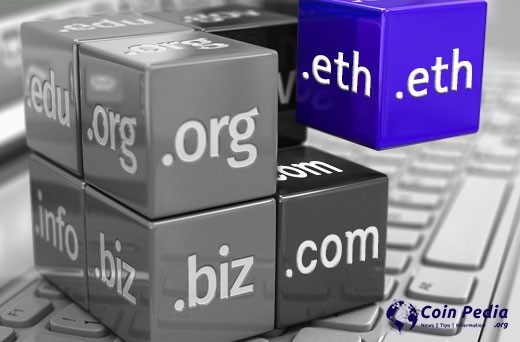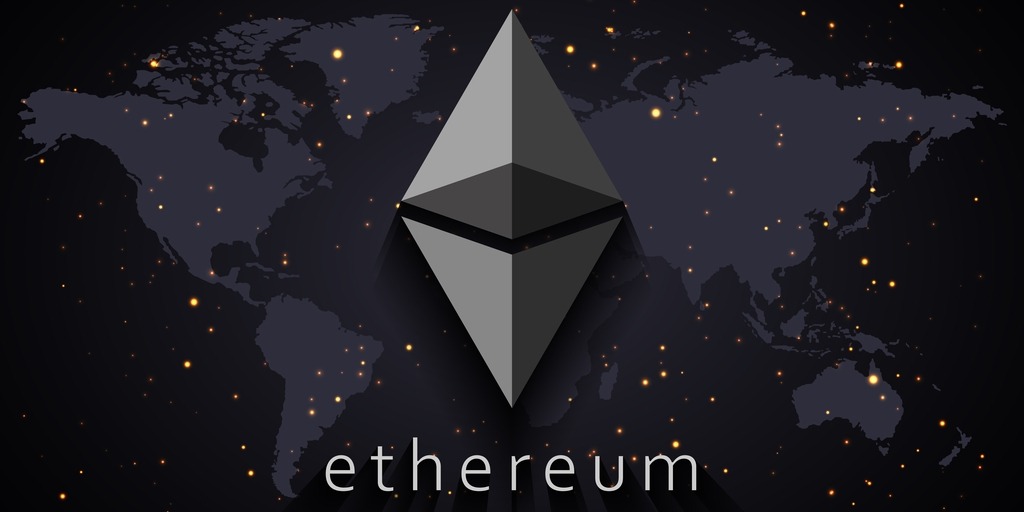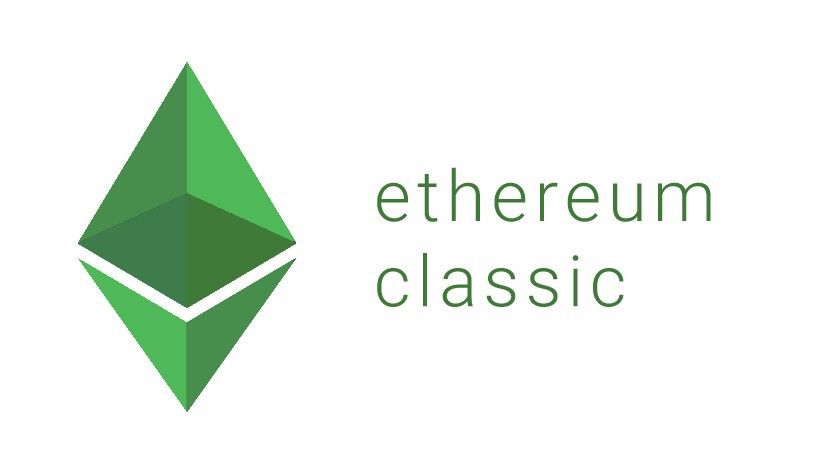Top 10 Ethereum & Smart Contracts Interview Questions
The most important terms in blockchain and web3 are Ethereum and smart contracts. Over 44 million smart contracts are already running on the Ethereum blockchain, and it could also be used for many other things. You should learn how to answer Ethereum and smart contracts interview questions if you want to get paid well as an expert in Ethereum or smart contracts.
Recent reports say that there are around 338% more transactions on the Ethereum blockchain than on the Bitcoin blockchain. This shows how popular Ethereum is. On average, almost 1.1 million ETH transactions happen every day, while only about 255,000 Bitcoin transactions happen every day. Another good reason to learn about Ethereum and smart contract development is that there is a growing need for experts in Ethereum and smart contract developers. Learn some important aspects of Ethereum and smart contracts interview questions.
Why should you learn more about Ethereum and Smart Contracts?
One of the first reasons to get ready for smart contract jobs and make the most of opportunities in different roles is that the Web3 ecosystem is doing well. Whether you want to become a smart contract developer, a DeFi developer, or a solution architect, you should focus on Ethereum and smart contracts to get the necessary skills and knowledge.
Ethereum is the first blockchain. It was the Solidity programming language that made smart contracts possible. Ethereum is the biggest platform for designing, making, deploying, and maintaining smart contracts for different uses. Ethereum and smart contracts are worth learning about because they can be used in so many different ways.
How well-known is Ethereum?
As of July 2022, there were a total of 1.45 million smart contracts in use on Ethereum. The number of people who use Ethereum every day shows that there are plenty of opportunities for smart contract developers who know how to use Ethereum. About 420,000 addresses are active on Ethereum every day, which is interesting because NFTs and DeFi are so popular. It’s important to know that OpenSea, a popular place to buy and sell NFTs, has the most active address on the Ethereum blockchain. At the same time, around 63% of the DeFi market has been taken over by Ethereum. There are also more than 3000 different kinds of decentralised applications on the Ethereum blockchain.
Getting a Job in the Future
The promise of web3 careers has made people much more interested in questions about smart contracts and Ethereum. The average salary for an Ethereum expert is between $70,000 and $250,000 per year, depending on how much experience they have and what their job duties are. Professionals who work with Ethereum and smart contracts could also have the chance to try out different roles in the future. Changes in the metaverse and other Web3 use cases, like utility-based NFTs, could lead to new ways to move up in your career. Smart contract and Ethereum experts could take advantage of these opportunities to advance their careers and make a lot of money.
Want to go full time in Web 3?
Here’s the top jobs and the first skill to learn:
Smart contract developer: Solidity (ETH)
Web Developer: Javascript
Community Manager: Discord management/bots
Director of Vibes: Grow a Twitter following
Editor: Premiere ProHappy to send links
— NFT God (@NFT_GOD) January 21, 2023
Most Frequently Asked Ethereum and Smart Contracts Interview Questions
Because Ethereum and smart contracts are related to each other, it’s easier for candidates to prepare for questions about both. You can find links between an interview question about smart contracts and important ideas in Ethereum. Let’s look at the most important questions you might be asked about Ethereum and smart contracts at an interview.
The recommended way to get ready for a career in smart contracts is to start by knowing the basics of Ethereum and smart contracts. Here is a list of the most basic questions about Ethereum and smart contracts that you might be asked in an interview.
1. Can you explain what Ethereum is?
The definition of Ethereum would be the most important thing to add to basic interview questions about it. Ethereum is a popular blockchain network that has a virtual machine built in. This machine is called the Ethereum Virtual Machine. It has a decentralised, censorship-resistant infrastructure that makes it a great place to build apps, digital organisations, or communities.
2. What is the point of Ethereum’s EVM?
EVM, which stands for Ethereum Virtual Machine, is a single computer or virtual machine that all nodes in the Ethereum blockchain network can use. In the Ethereum network, every node keeps a copy of the EVM state. Also, participants could send out requests for the EVM to do any calculations. When the requests for transactions were sent out to the Ethereum network, other participants would check, validate, and carry out the transaction. Lastly, the EVM would record the changes and send the new copy to all the computers in the Ethereum blockchain network.
3. What does the Ethereum blockchain do with Ether?
In interviews, a set of Ethereum questions and answers could also test how well you know how Ether, or ETH, can be used. Ether is Ethereum’s native cryptocurrency. It is used as a market for making computations easier. Along with providing computational resources, the market could offer economic incentives to participants for their work in verifying and carrying out transaction requests. Ether is an important part of the Ethereum blockchain network’s crypto-economic security.
4. What is a “smart contract”?
You should also expect to be asked in an interview about smart contracts and how they work. People who use the Ethereum blockchain do not have to write code from scratch every time they use EVM. Smart contracts, on the other hand, automate transactions based on what the parties involved in the transaction want. Smart contracts are pieces of code with specific parameters and pre-defined actions or computation processes that run when certain transaction conditions are met.
5. What is a request to do a transaction?
The transaction request is the legal term for the process by which users ask the EVM to run code. On the other hand, a transaction is a request for a transaction that has been completed and made the necessary changes to the state of the EVM. From a node, transaction requests could be sent to all users. Some examples of transactions are putting a smart contract code on the EVM state or sending ETH to another account.
Also, read – Top 5 Use Cases Of Ethereum Smart Contracts
6. How many different types of ETH do you know?
The most basic questions for a person who wants to make smart contracts on Ethereum would also focus on the different amounts of ETH. The Ethereum blockchain is also a great place to do a lot of small transactions. So, these kinds of transactions could be made with smaller amounts of ETH. Wei and gwei are the most common types of ETH, and they can be used for different things. Wei can be used to figure out how much ETH is needed for technical implementation. On the other hand, we could make gas fees for Ethereum blockchain transactions easy to pay.
7. What is the best way to find out how much ETH you have?
You can find out how much Ether is in any account by looking at that account’s “balance” field. The answers to interview questions about Ethereum and smart contracts would also point to tools like Etherscan. It is a blockchain explorer that can be used on the web to check the balances of addresses. You can also use direct requests to nodes or wallets to find out how much ETH you have.
8. Can you describe a decentralised application?
Common Ethereum interview questions and answers also have a lot to say about decentralised applications. Decentralized apps are apps that are built on a decentralised network by combining a user interface on the front end with the ability to programme smart contracts. Some of the other important things about dApps are that they are separate, predictable, and able to be solved by the Turing machine. Decentralized apps run on EVM. They don’t change how the Ethereum blockchain works, and they could do the same thing in different places. Also, the fact that dApps are Turing complete means that they can do any action with any resources.
9. How do users benefit from decentralised applications?
Decentralized applications have many benefits, such as being immune to censorship, having no downtime, and ensuring data integrity. Because smart contracts are used to make dApps, the interview questions about them focus on dApps. Decentralized applications guarantee that there will be no downtime and that transactions will be carried out without anyone’s trust. They also protect user privacy.
10. What are some of the challenges of making dApps?
The questions for experts on Ethereum and smart contracts would also bring up the problems when making dApps. Simple interview questions about Ethereum can be answered by talking about network congestion, maintenance, and performance overheads. App development is also affected by the creation of user-friendly interfaces and experiences and by the avoidance of centralization.
Stay informed with daily updates from Blockchain Magazine on Google News. Click here to follow us and mark as favorite: [Blockchain Magazine on Google News].
Get Blockchain Insights In Inbox
Stay ahead of the curve with expert analysis and market updates.
latest from tech
Disclaimer: Any post shared by a third-party agency are sponsored and Blockchain Magazine has no views on any such posts. The views and opinions expressed in this post are those of the clients and do not necessarily reflect the official policy or position of Blockchain Magazine. The information provided in this post is for informational purposes only and should not be considered as financial, investment, or professional advice. Blockchain Magazine does not endorse or promote any specific products, services, or companies mentioned in this posts. Readers are encouraged to conduct their own research and consult with a qualified professional before making any financial decisions. The featured image used is just a creative depiction of the title and it does not intend to hurt sentiments of any person or institution. If it hurts anyone sentiments, please do not hesitate to reach out to Blockchain Magazine.

 Bitcoin
Bitcoin  Ethereum
Ethereum  XRP
XRP  Tether
Tether  Solana
Solana  Dogecoin
Dogecoin  USDC
USDC  Cardano
Cardano  Lido Staked Ether
Lido Staked Ether  TRON
TRON  Chainlink
Chainlink  Avalanche
Avalanche  Wrapped stETH
Wrapped stETH  Wrapped Bitcoin
Wrapped Bitcoin  Sui
Sui  Toncoin
Toncoin  Stellar
Stellar  Hedera
Hedera  Shiba Inu
Shiba Inu  WETH
WETH  Polkadot
Polkadot  LEO Token
LEO Token  Litecoin
Litecoin  Bitcoin Cash
Bitcoin Cash  Bitget Token
Bitget Token  Uniswap
Uniswap  Hyperliquid
Hyperliquid  Official Trump
Official Trump  USDS
USDS  Wrapped eETH
Wrapped eETH  Pepe
Pepe  NEAR Protocol
NEAR Protocol  Ethena USDe
Ethena USDe  Aave
Aave  Aptos
Aptos  Internet Computer
Internet Computer  Monero
Monero  Ethereum Classic
Ethereum Classic  WhiteBIT Coin
WhiteBIT Coin  Ondo
Ondo  Cronos
Cronos  POL (ex-MATIC)
POL (ex-MATIC)  Mantle
Mantle  Render
Render  Dai
Dai  MANTRA
MANTRA  Algorand
Algorand 




